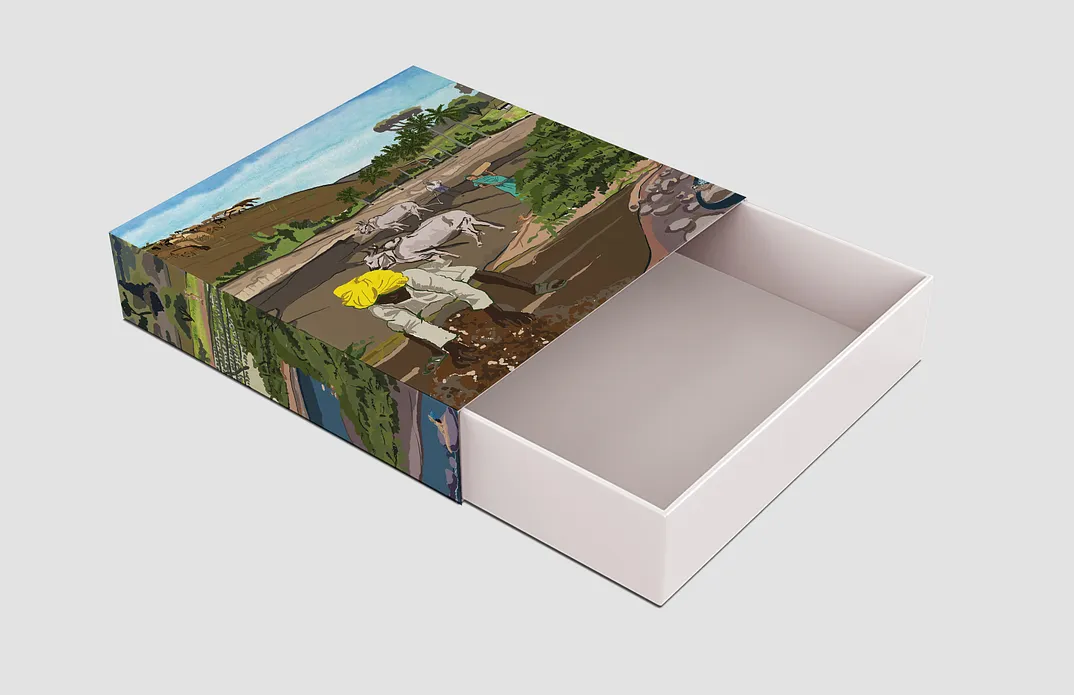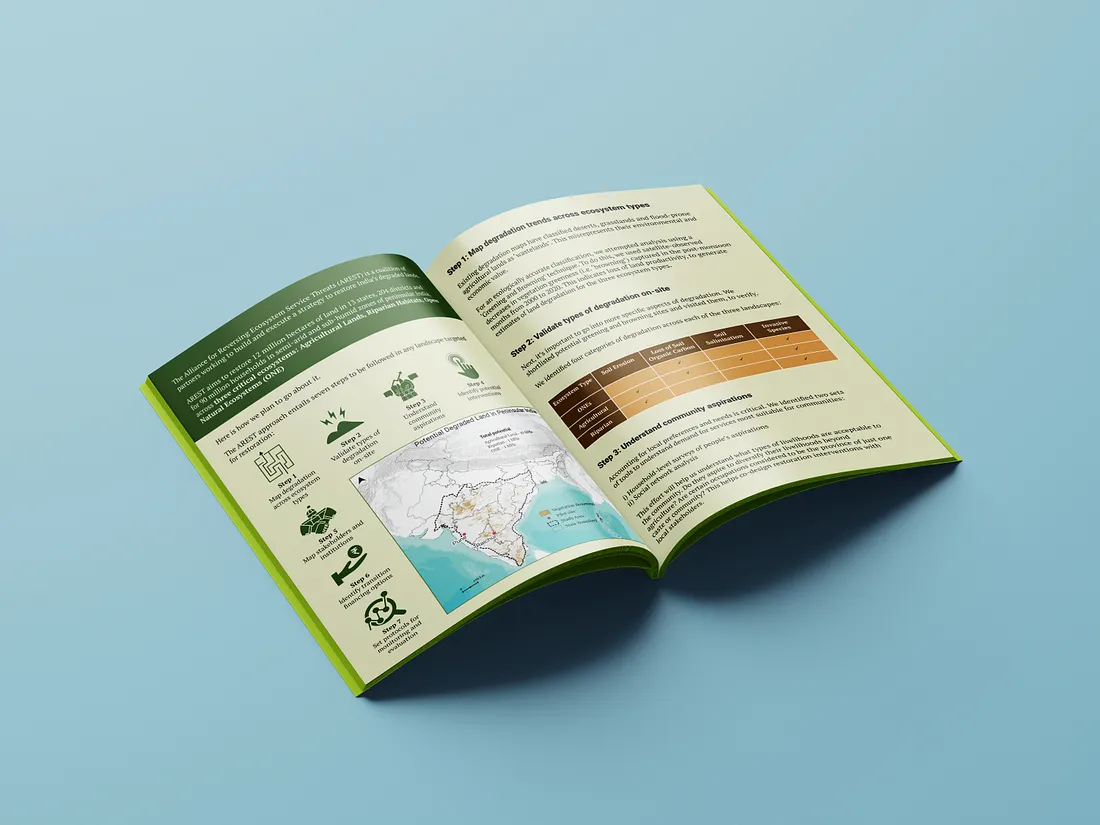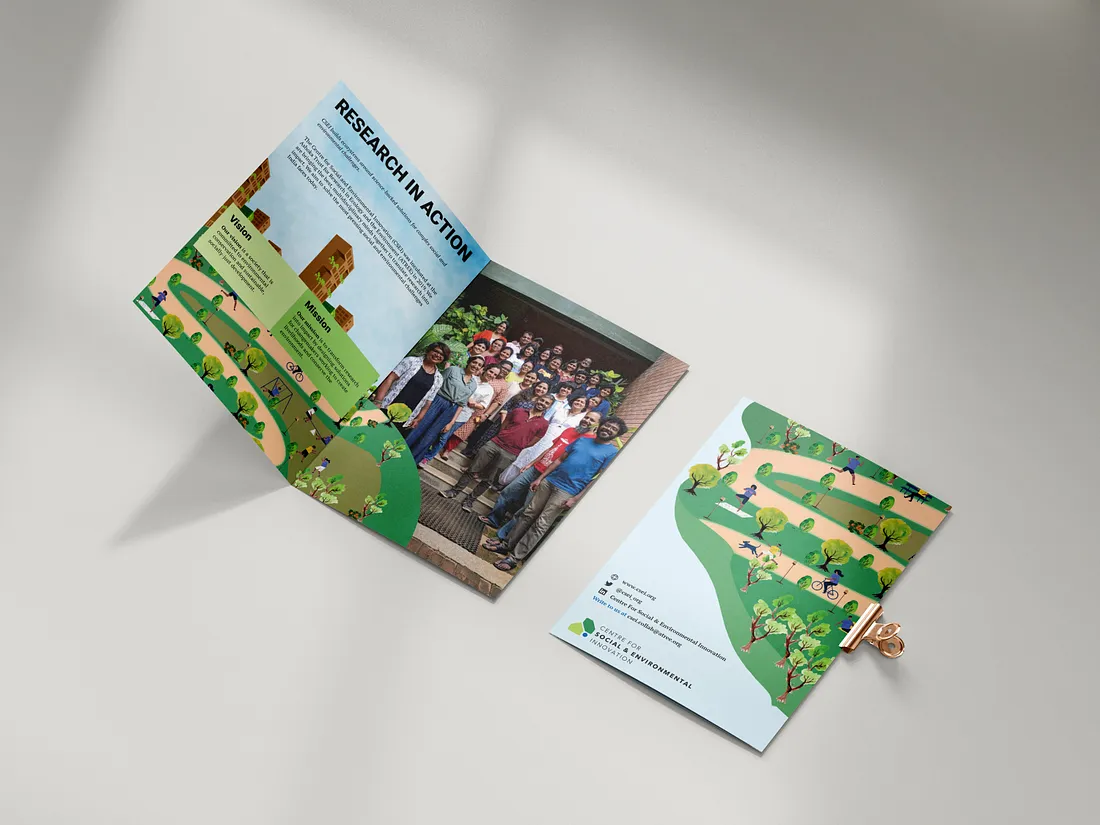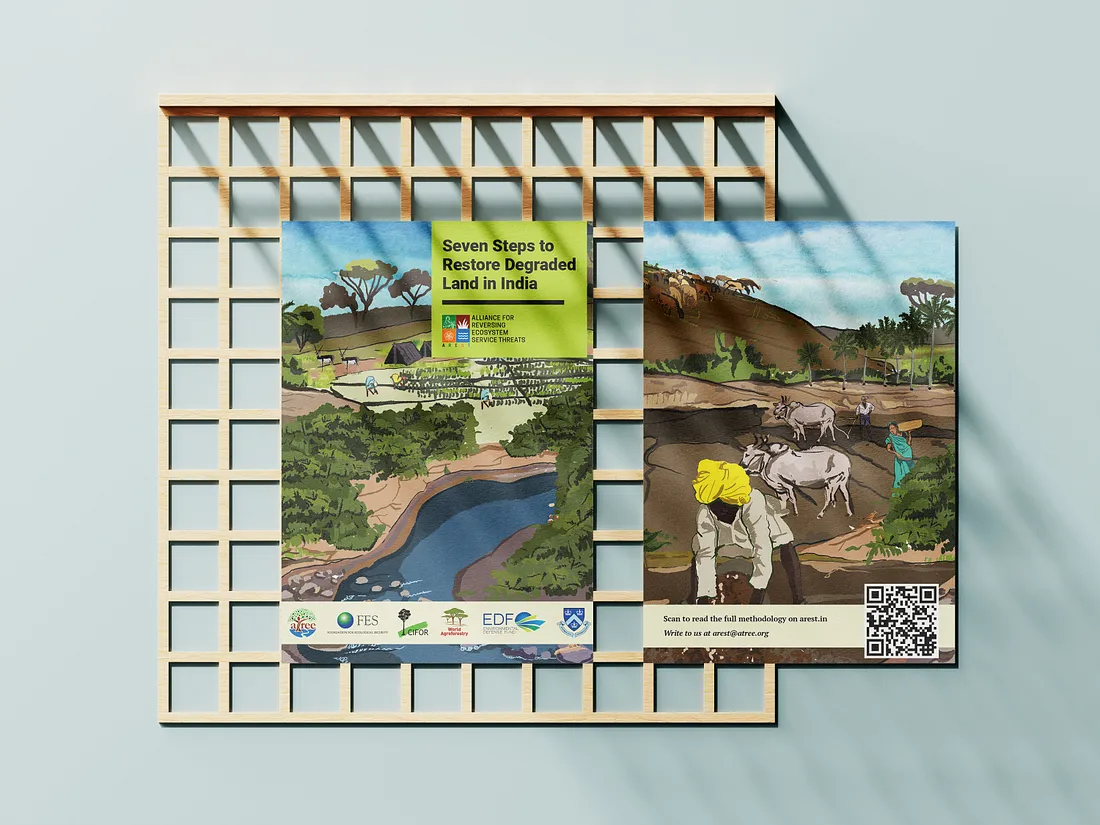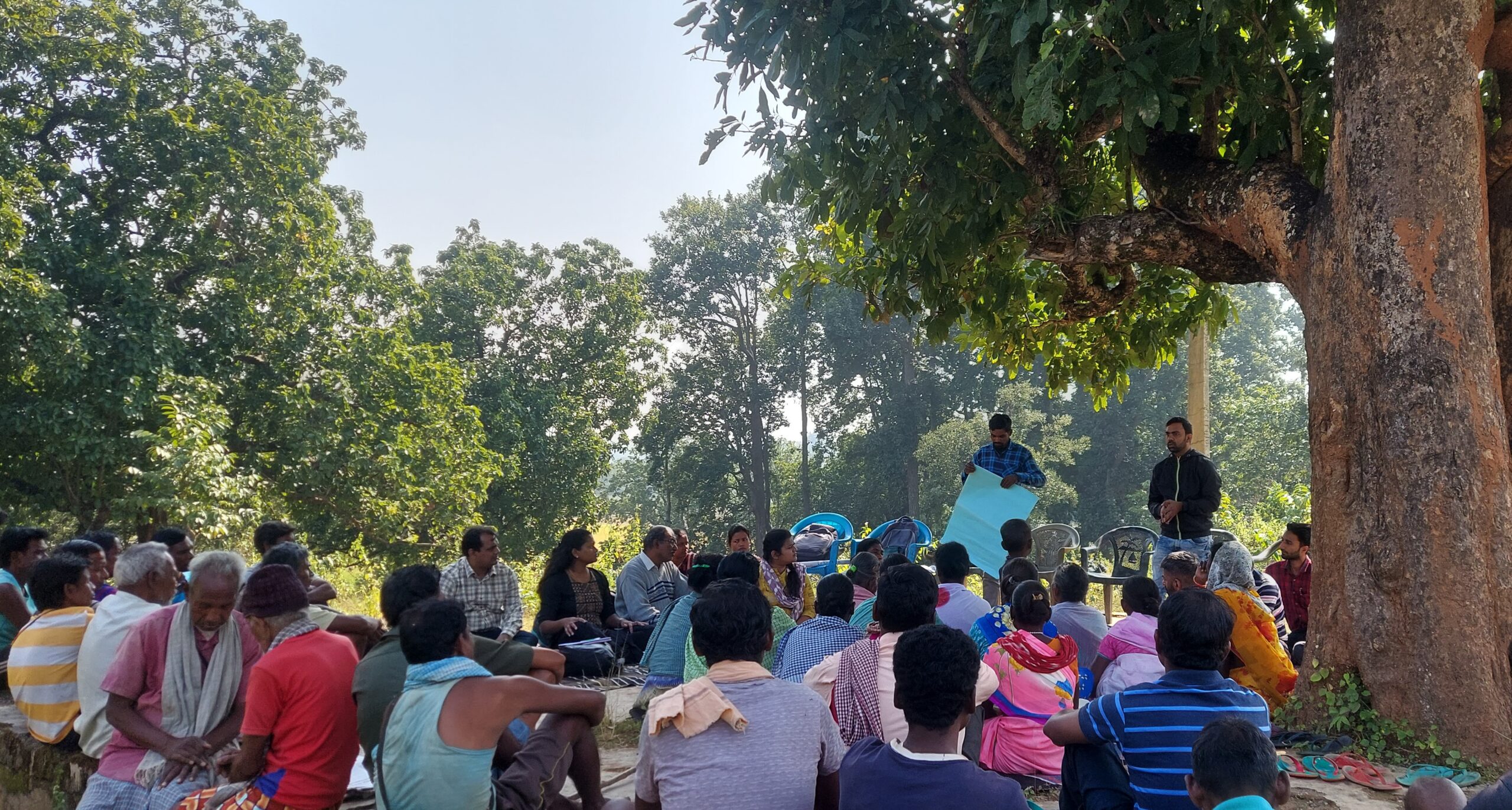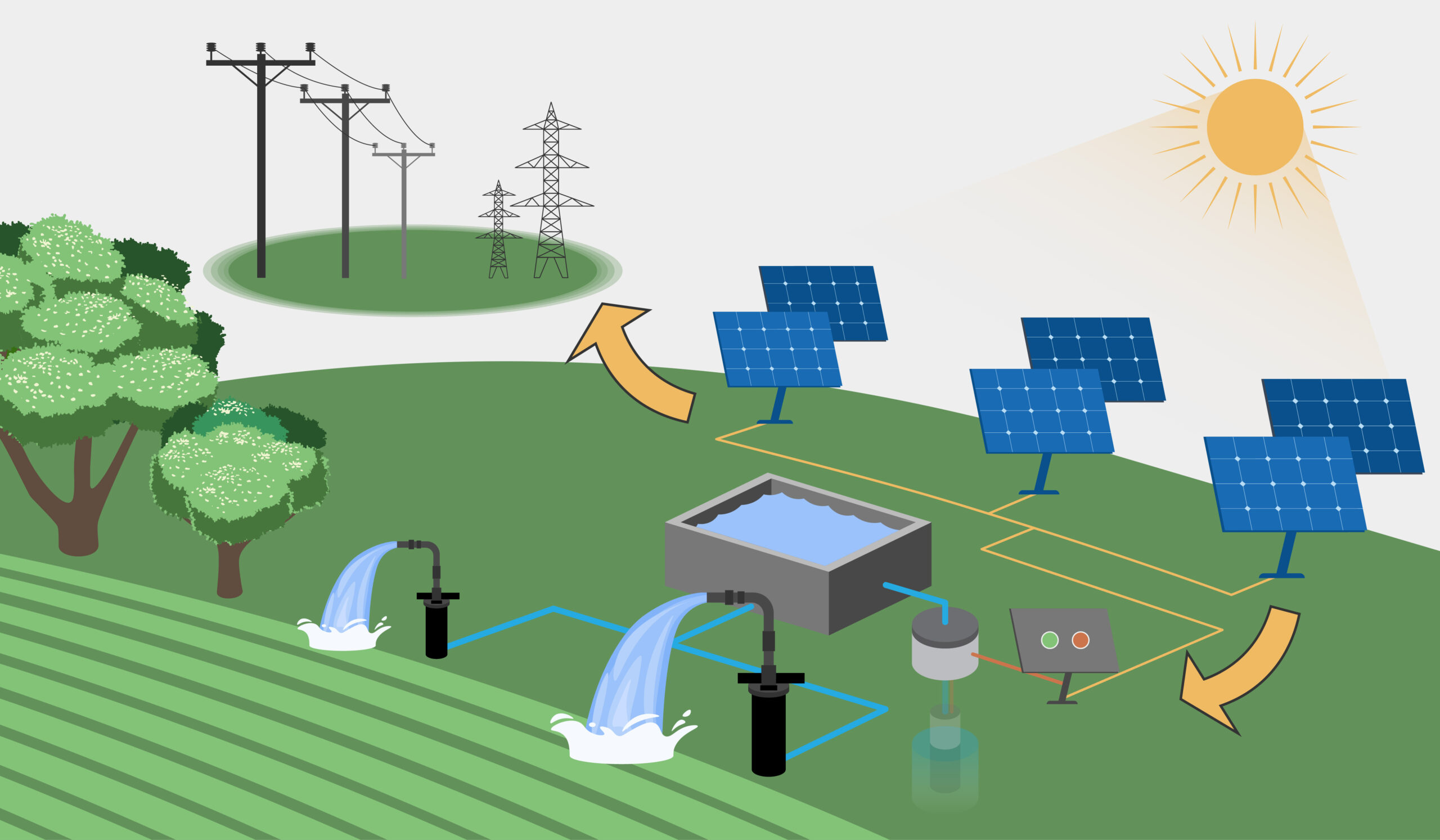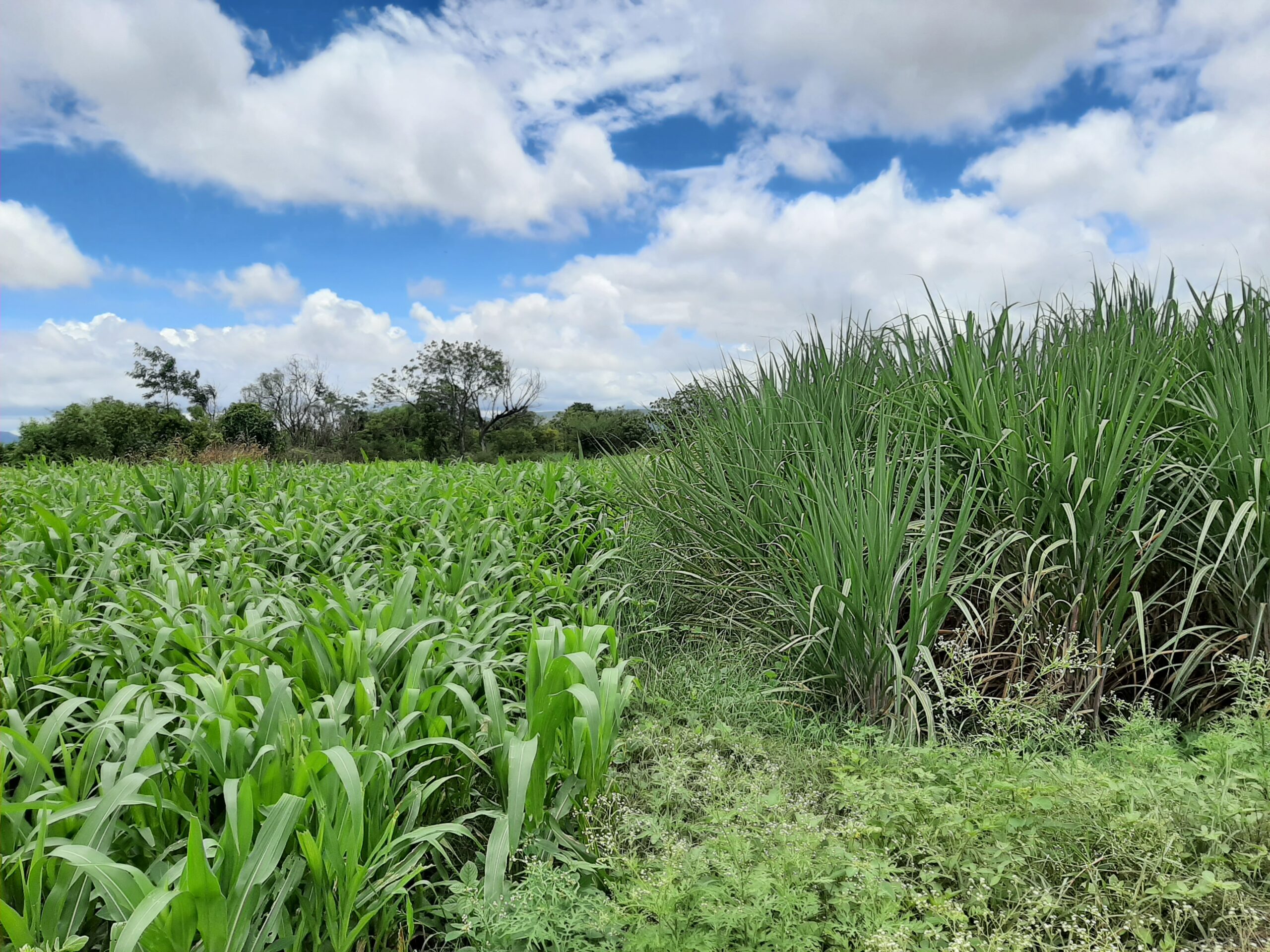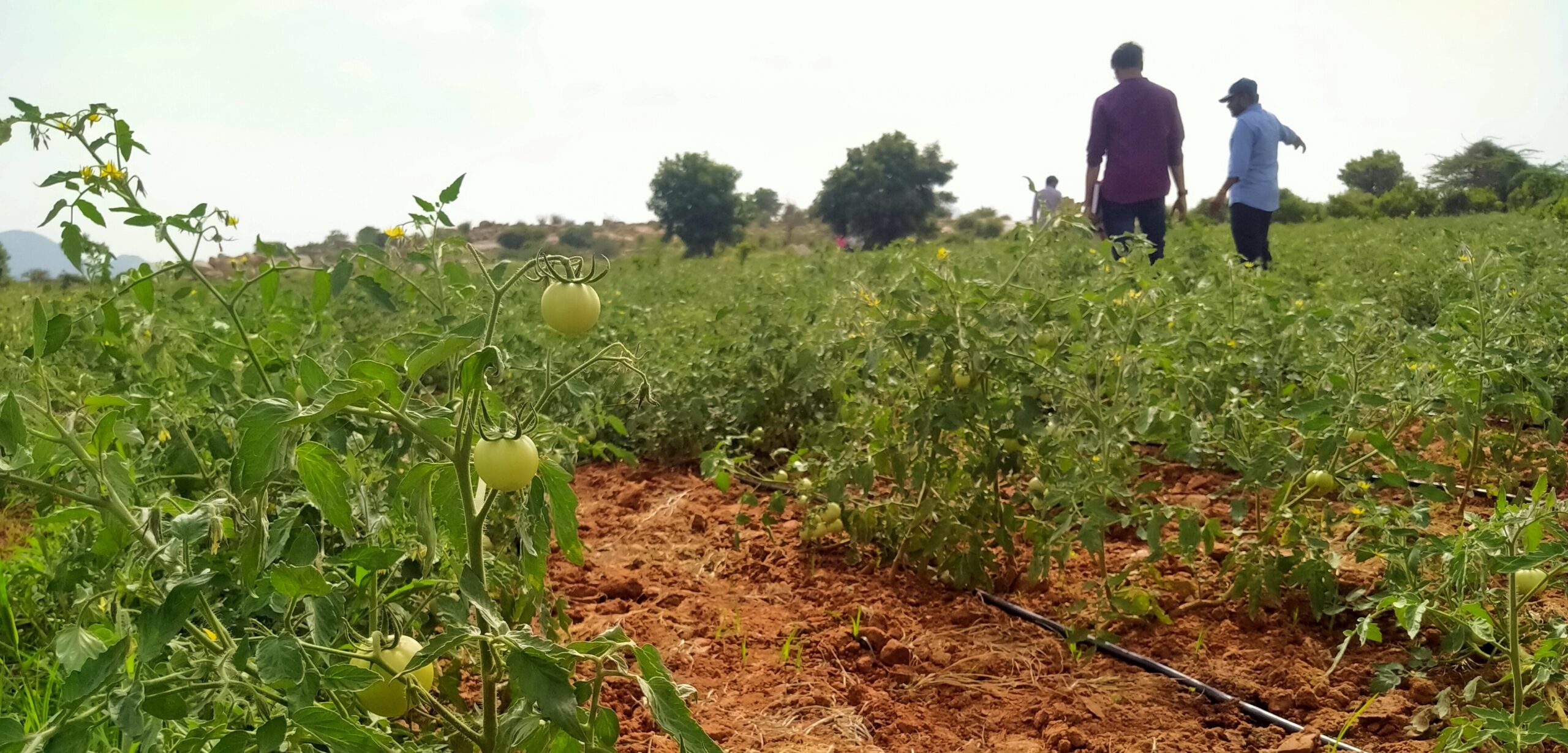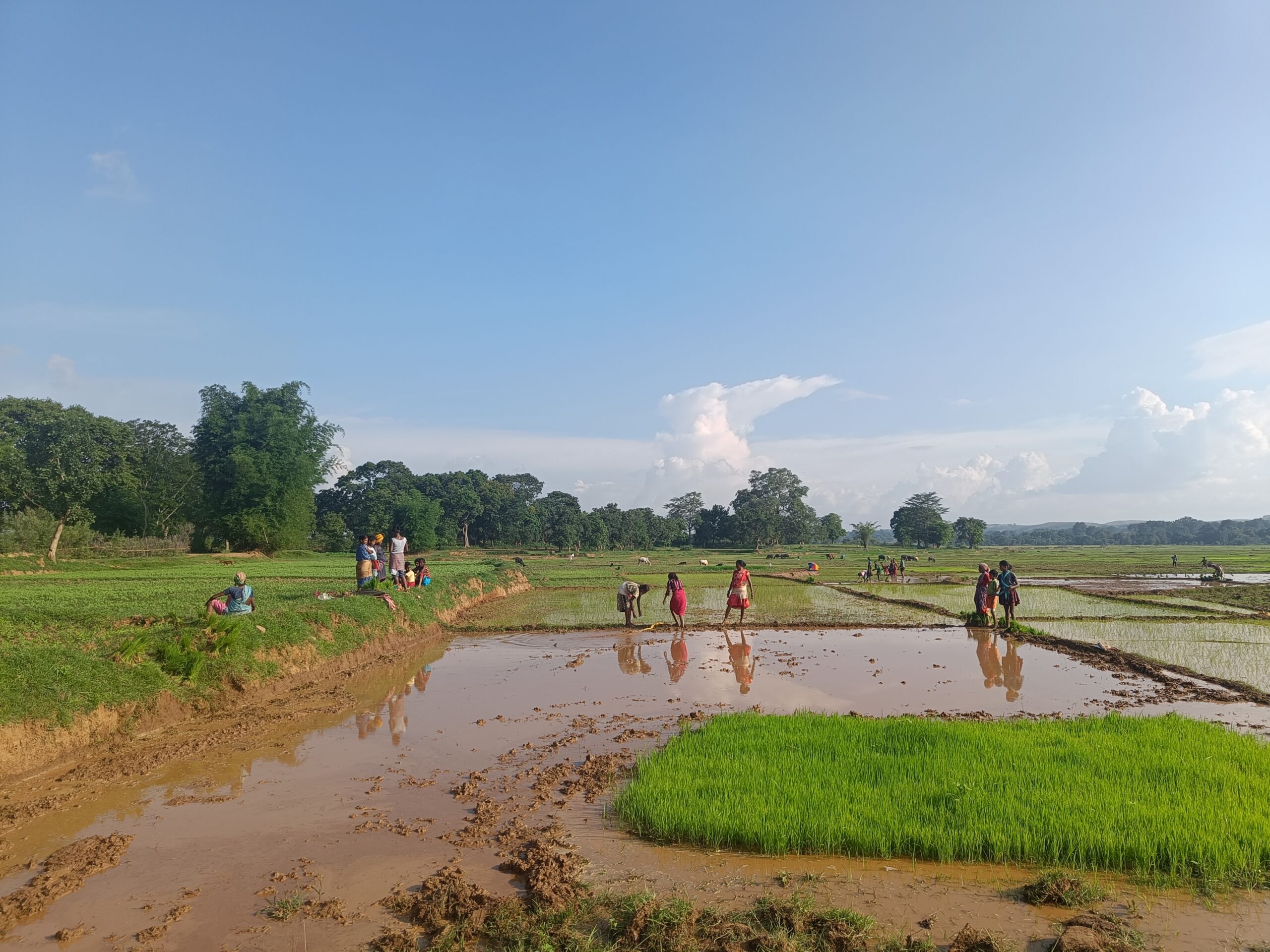Five Lessons We Learned As An Ecosystem Builder
WELL Labs members interact with a rural community in Jharkhand in 2022.
The scale and complexity of our socio-environmental problems have meant that despite decades of effort we are no closer to ensuring a decent life for future generations of humans on planet earth.
Most socio-environmental organisations have the same goal — to create equitable economic and political systems that will nurture human well-being and sustain the planet’s life-giving systems. We each act to achieve this goal, contributing to research, convenings, pilots and government engagement. Yet, given the fact that macro indicators are mostly moving in the wrong direction; clearly, our efforts are not ‘adding up’.
If we want to tackle grand challenges, we need organisations to act independently, while also collaborating effectively. But the truth is, it is in fact hard to get people to collaborate toward achieving a collective goal.
Read: Stakeholder Mapping: A Key Step for Restoration of Degraded Lands
This is where ecosystem builders come in. They connect, empower, and collaborate with others to lift up the whole community to achieve its potential. We, at CSEI, see ourselves as ecosystem builders. But there are few guidelines on how to be effective at this role, especially in the Indian context. So we have just had to muddle through and figure it out on our own.
Here are five lessons we’ve learned from our attempts at ecosystem building this year.
1. Deliver value to co-equal partners
Many organisations want to be ecosystem builders that guide the vision and generate funds. But often they do this because they want to be seen as an ‘apex organisation’ that funds everyone and tells everyone what to do. In other words, they act from a position of power and control. But we have observed that this form of leadership only lasts as long as the funds last.
So, we asked our partners why they continue to collaborate with us. What emerged was that in fact, money is not the most important service we provide. Organisations are looking for support, a community, and a platform to share and receive knowledge: in essence, an ecosystem.
We were pleasantly surprised to hear eco start-ups say they got business leads from our articles and blogs, grassroots organisations say that our support came at a time when they were desperate for funds, and social enterprises say they valued our research synthesis and knowledge products in designing more effective programmes. What people wanted most was consistency, respect and commitment.
2. Communicate intent and build trust with partners.
A big part of what we do as ecosystem builders is enabling the open exchange of data and information. This, by definition, entails opening up privately-owned data to everyone. But this was not within the zone of comfort for all our partners, especially private firms. Therefore, not every conversation with every partner was smooth. A few backed, off believing we were going to take credit or make them lose control over proprietary information on which their businesses and livelihoods depended. However, in most cases, when we communicated intent and explained our vision, partners were willing to share data either based on a formal data-sharing agreement or just based on email documentation of a ‘meeting of the minds’ conversation.
3. Focus on users and use cases from the get-go.
Early on we produced a number of research reports that were not widely read. We realised that we were not necessarily producing the most important tools and analyses that were needed to solve problems on the ground. One way we have overcome this is by asking partners in our ecosystem if they would actually use a tool or a product before we invest time and money into development. Although users are often not able to articulate what they want, this process has nonetheless helped our team become user-focused from the get-go.
One way to get early feedback is through rapid prototyping. This involves building a model or sketch of what we want to build before investing in developing a full-fledged product — a ‘quick and dirty’ version, so to speak. But we have realised that this concept can be alien for researchers, who are used to crossing every ‘t’ and dotting every ‘i’ before a piece of work is put out. So, while we face constant pressure from our innovation partners, particularly techies accustomed to design thinking, to ‘put out a crappy first draft’, we face equally strong pushback from our academic partners. We are still trying to figure out how to reconcile the opposing ‘rigour vs. speed’ cultures, both of which add value to this ecosystem.
4. Be prepared to build a structure where none exists.
The social sector consists of smart, motivated individuals coming from widely different backgrounds: techies, academics, grassroots organisers, and corporate crossovers. These are people with different knowledge bases, beliefs, and experiences. When all these players are thrown together, coherence in vision and action does not automatically emerge, it has to be created. And then there are egos, personal baggage and working styles.
A lesson we are (still) learning is how to get diverse people to collaborate with grace and humor. But it’s clear that ecosystem building means trying to do whatever it takes to create alignment — setting expectations and systems of accountability, organising workflows, convening meetings, documenting discussions and decisions, resolving conflict, and molding ‘group work culture’.
5. Reinforce a culture of learning in the ecosystem.
We have made many mistakes over the last three years. Many of our hypotheses did not always pan out. Some were big bets, like presenting data in a certain way in Jaltol, while others were more minor ones. One humorous feedback from the AREST coalition team, on the materials we helped co-produce for COP 27, was that many people were eagerly picking up our collateral, beautifully packaged into boxes, mistakenly thinking they were chocolates!
Our emphasis at CSEI is on learning from failure. While we do not obsess over mistakes, we do try to learn from them. Often the scale and speed at which we are doing things mean that by the time our publications went through multiple teams, some names and attributions got edited out and consequently feathers got ruffled. There was nothing we could do, other than apologise and resolve to do better, adjusting our internal processes.
Read: Context, Context, Context: The Byword for Reversing Land Degradation in India
Credits
If you would like to collaborate with us outside of this project, write to us. We would love to hear from you.
Follow us and stay updated about our work:

